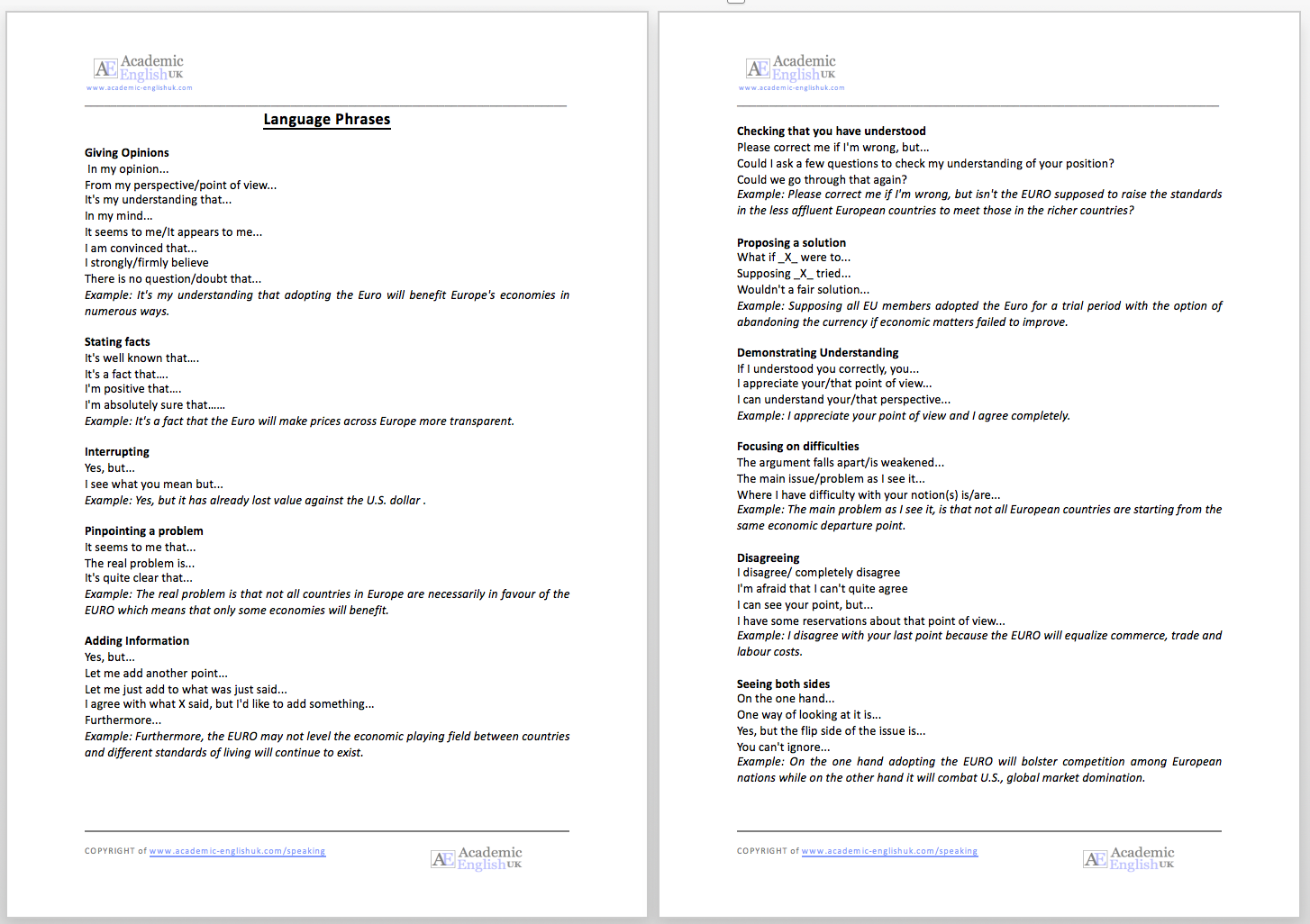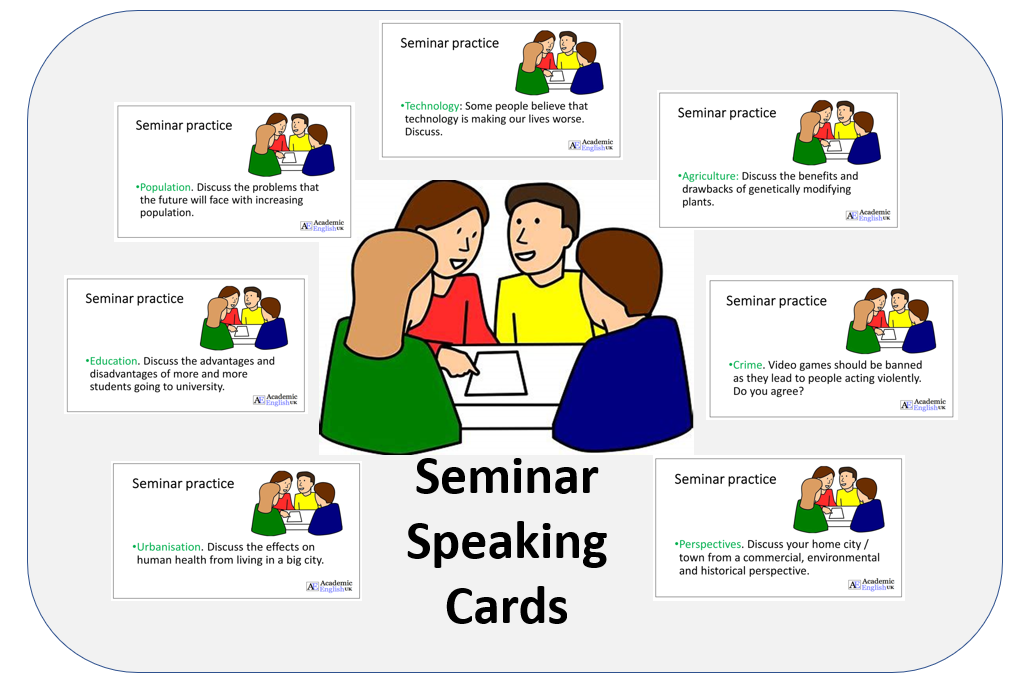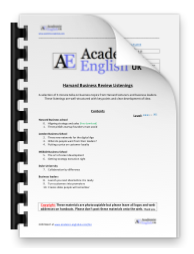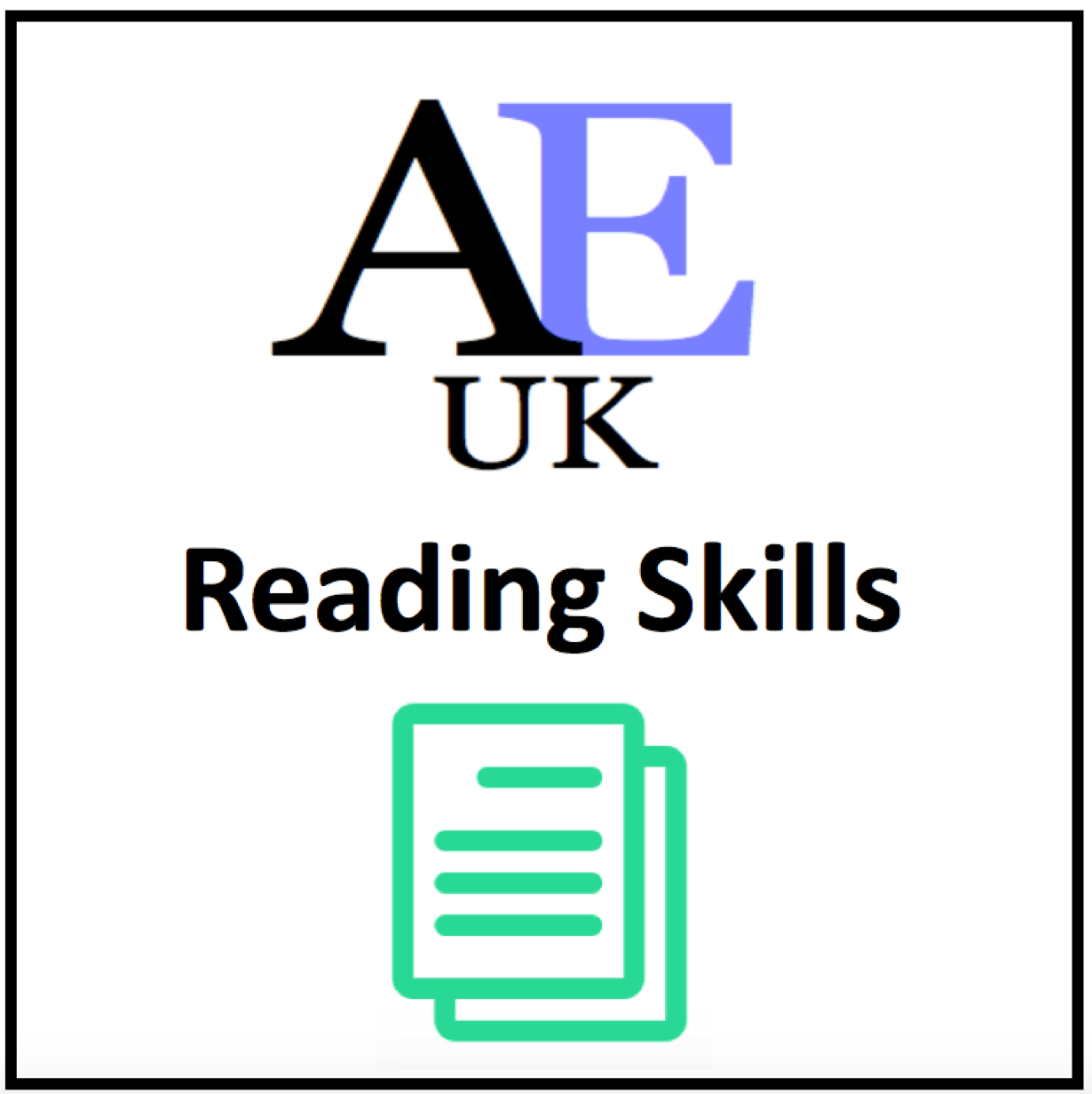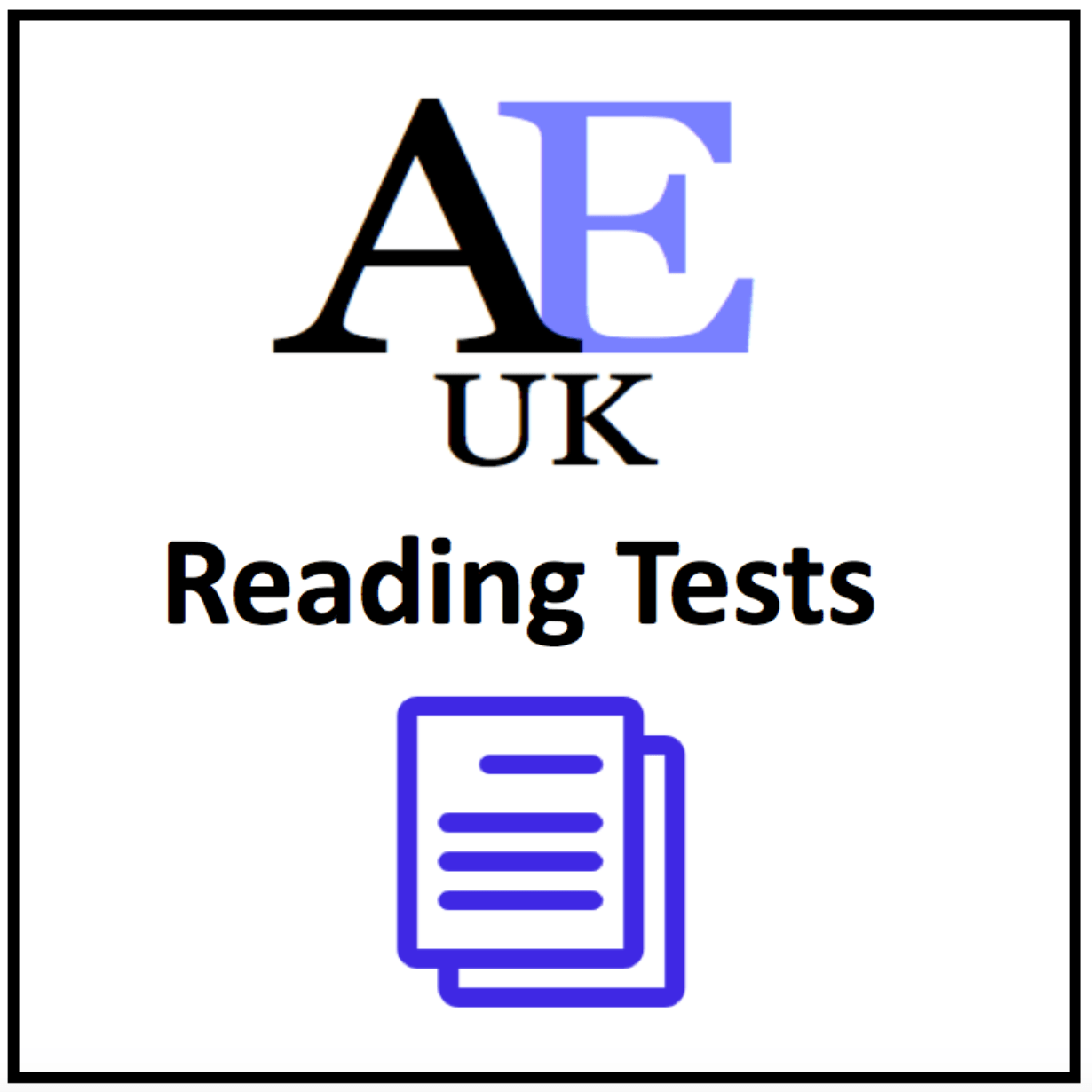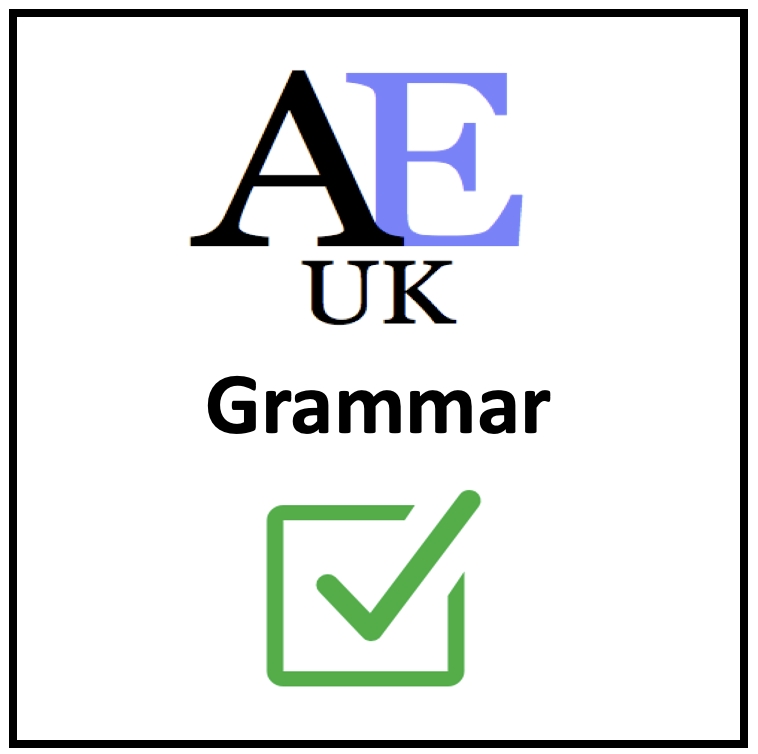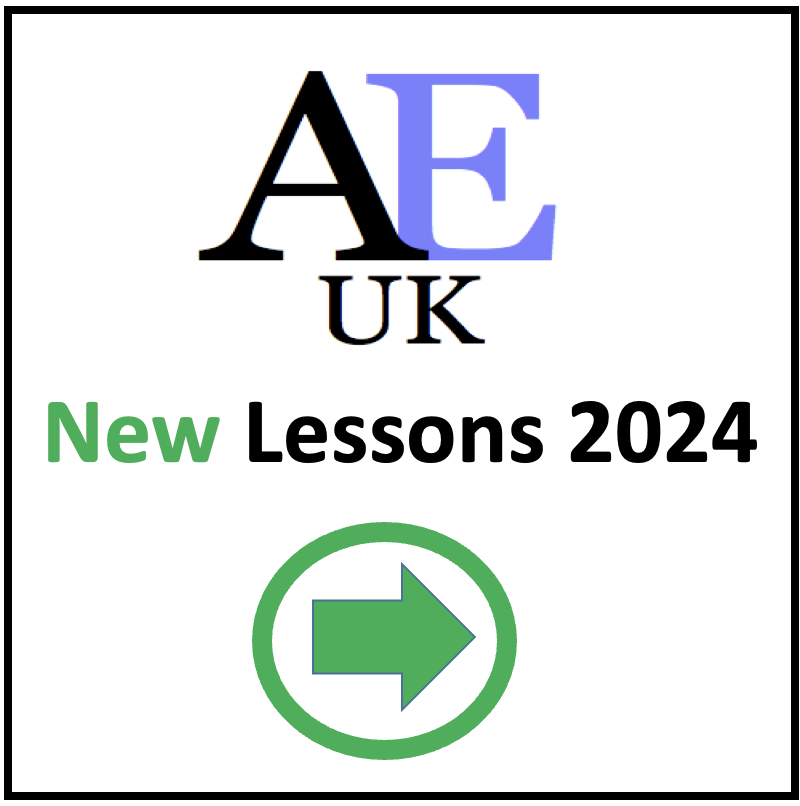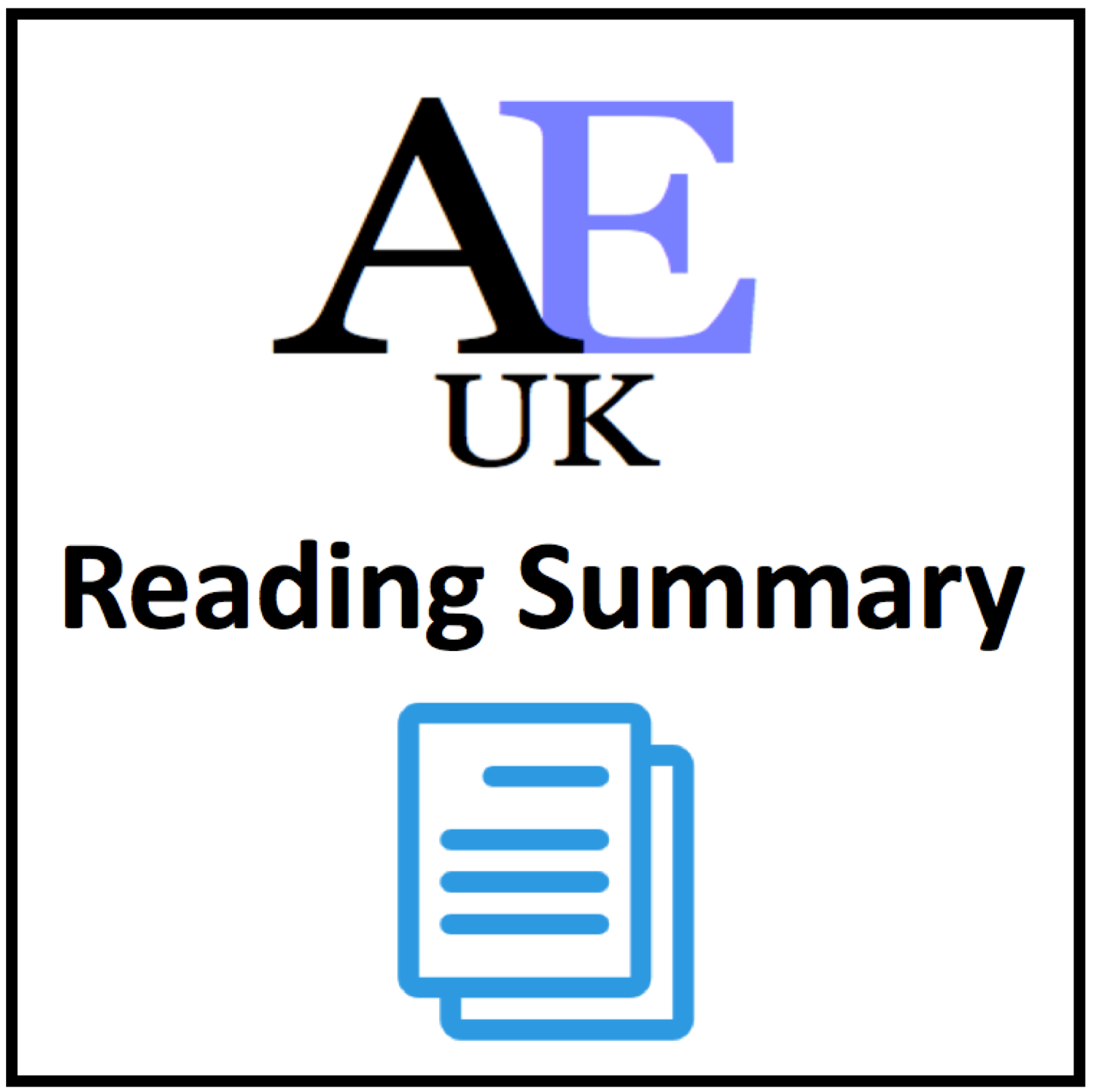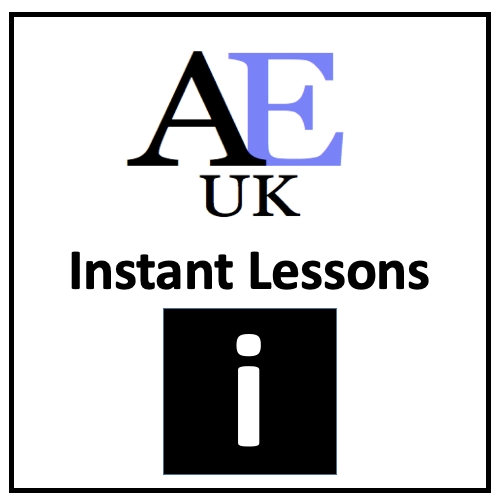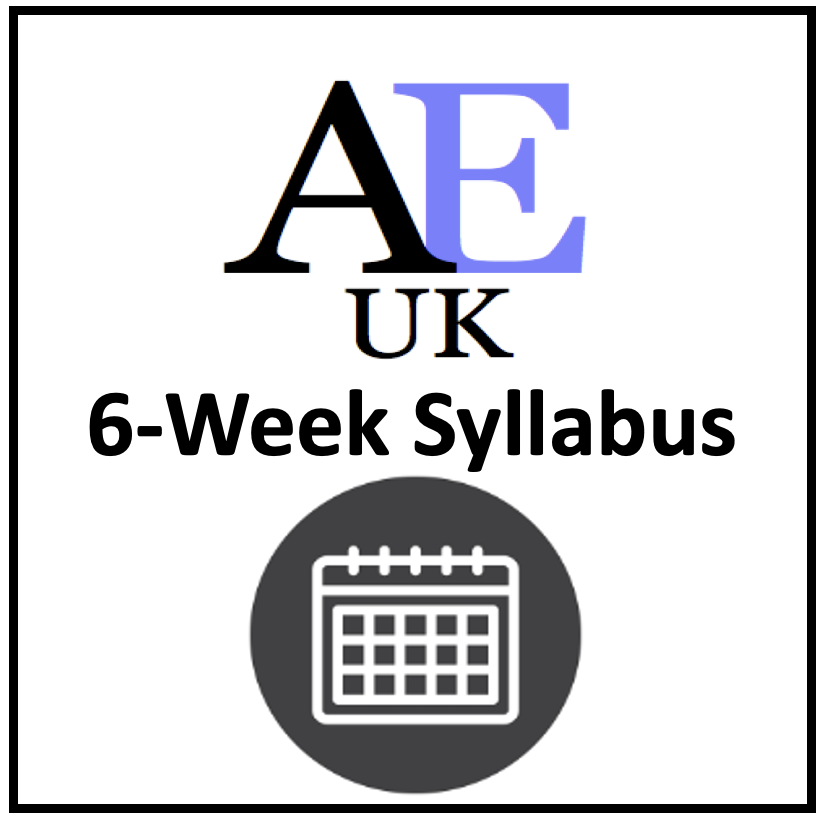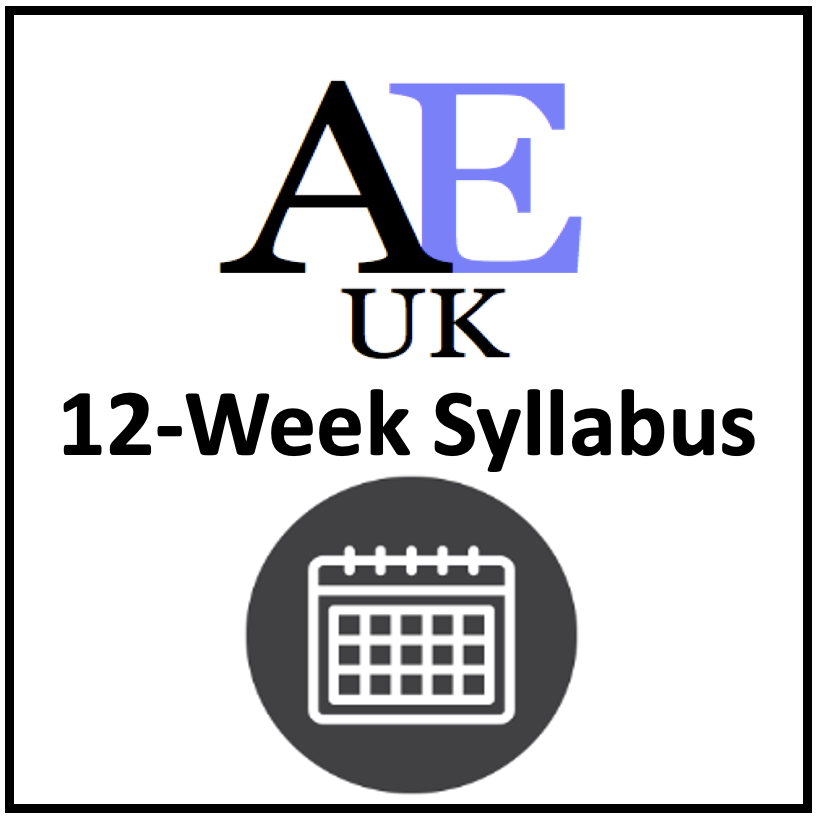RESOURCES: Reading / Writing / Listening / Speaking / Argument / SPSE / Reading Tests / Summary / Dictogloss / Grammar / Vocab / Critical Thinking / Instant Lessons / Medical English / Graphs / New 2024 /
Academic Seminars
An academic seminar is a small discussion on a specific topic among a group of students. At university it can be a central part of the learning process which is often connected to pre-reading texts or post-lecture discussions. Commonly, at university English language centres, seminars have become a feature of testing English speaking through fluency, conversational skills and ability to discuss complex subjects.

Seminar Worksheet Topics
Click on any link to be taken to the download
Seminar Listenings
Seminar Discussion 1
Seminar Discussion 2
Seminar Discussion 3
Marking Criteria
Speaking Tests
Speaking Tests x5 [new]
Seminar Lessons
Plagiarism [new]
Academic Integrity
Graphs and Charts
Learner Autonomy
Self-Assessment Questionnaires
Independent Learning
Reflective Student
What is a seminar?
What is a seminar?
Generally, it is a small discussion on a specific topic among a group of students. At university it can be a central part of the learning process which is often connected to pre-reading texts or post-lecture discussions. Commonly, at university English language centres, seminars have become a feature of testing English speaking through fluency, conversational skills and ability to discuss complex subjects.
Why have seminars?
- Explore topics in more depth.
- Share ideas in a way that will advance your thinking.
- Learn from other people’s experiences and background knowledge.
- Improve transferable skills for career development.
Pre-seminar Procedures
Students are often given pre-texts and pre-listenings before the seminar to prepare. Students are expected to read and listen to texts carefully by making detailed notes and coming to the seminar fully prepared.
A Seminar Test
- Students work together in groups of 4-6.
- Teachers provide a set of questions.
- Students discuss for 25-30 minutes (approx. 5 mins per person).
- Students summarise the key points in the last 5 mins.
- Students CAN refer to the texts and their notes.
- Teachers monitor and give feedback at the end.
The seminar process
- The group are called into a room, and they sit around a table.
- The questions are given out and students have 2 minutes to read and prepare by taking notes.
- The seminar begins with an opening statement: We’re here today to discuss…
- The students then begin to discuss the first question.
- Each student should make a contribution by referring to their notes / texts.
- The seminar should flow with students adding to what was previously said.
- Once everyone agrees the question has been addressed in full, then they move onto the next question.
- Important: Not all the questions have to be answered but they should be discussed in order.
- Once the students begin to approach 25 minutes, they should bring it to an end by each one summarising a main point raised.
key points to a seminar
- It should be a flowing conversation with everyone involved and contributing.
- The teacher / tutor should not intervene if it goes quiet but let the students manage the discussion.
- Students have to show confidence and demonstrate thorough awareness of the texts.
- Dominant students are penalised for excluding others.
- Students are penalised for just reading notes.
- Key debate phrases should be used to show conversation skills – agreeing, disagreeing, interrupting, etc…
 Seminar speaking criteria x 2 (updated 2023)
Seminar speaking criteria x 2 (updated 2023)
This includes one basic seminar speaking criteria to assess seminar speaking skills and contains four key criteria: Language Accuracy (20%), Language Range (20%), Pronunciation (20%) & Communicative Effectiveness (40%), and one seminar criteria that includes ‘reference to materials’. Level: ***** [B1/B2/C1] Example / Level: ***** [B1/B2/C1] TEACHER MEMBERSHIP
An Introduction to Seminars

An Introduction to Seminars (new 2023)
This lesson is designed to introduce students to seminars. It contains information on what is a seminar, the seminar procedure, seminar phrases, and academic seminar practice using two short academic texts (reading & lecture). Example. Level: ***** [B1/B2/C1] TEACHER MEMBERSHIP / INSTITUTIONAL MEMBERSHIP
Signposting Phrases
Speaking Cards
Seminar Speaking cards
This lesson has twelve seminar topics on a variety of topics. Put students into groups of four/five. Give out a card and students have 1 minute to plan what they will say. Students then discuss the question for 10 minutes [webpage]. Use the seminar assessment criteria here Level: ***** [B1/B2/C1]
TEACHER MEMBERSHIP / INSTITUTIONAL MEMBERSHIP
Seminar Signposting Language Game
Signposting Language in Seminars: Free Download
This lesson develops students’ awareness and ability to use signposting phrases in seminars. It begins by introducing a list of seminar phrases, practicing these phrases in groups and finishes with a kinaesthetic card game to activate the phrases learnt. Really fun lesson! [webpage] Level: ***** [B1/B2/C1] TEACHER MEMBERSHIP / INSTITUTIONAL MEMBERSHIP
Seminar analysis and evaluation
 Speaking Tasks – Analysis & Evaluation
Speaking Tasks – Analysis & Evaluation
This lessons includes six speaking task cards (halls of residence, speaking English, greener university, plagiarism, congestion, homelessness). In small groups students discuss the situation, analyse the key issues/areas and evaluate which are the most effective (see example). Level ***** [B2/C1] TEACHER MEMBERSHIP / INSTITUTIONAL MEMBERSHIP
Week 1: Introduction to Academic English
Week 1 Book: Introductionary lessons to an EAP course
This PDF book provides a number of resources suitable for the first week on an EAP course (Presessional, Foundation, or University English study courses). It includes getting organised ideas, a getting-to-know you activity, classroom questions, essential language revision, and error correction. Example . Level ***** [B1/B2/C1] More information TEACHER MEMBERSHIP / INSTITUTIONAL MEMBERSHIP
Seminar Listenings
Seminar Discussion 1
Seminar Listening Worksheet 1 [5 minute seminar]
This listening worksheet is four different nationalities discussing ‘American Values’. Students listen and take notes on what the different nationalities (Indian, Ethiopian, Japanese, American) say about American Values and then answer the question sheet. (see example). Level ***** [B1/B2/C1] / Video (start 0:40 – 4:40) / MP3 TEACHER MEMBERSHIP / INSTITUTIONAL MEMBERSHIP
Teacher’s Notes: Seminar Listening Worksheet 1
- Explain the seminar is four different nationalities discussing ‘American Values’.
- The different nationalities are an Indian man, Ethiopian woman, Japanese woman and an American woman.
- Play the sound only (not the visual video) two times – students take notes.
- Give out question worksheet – allow 5-10 minutes to answer.
- Video (start 0:40 – 4:40)
Seminar Discussion 2
Seminar Listening Worksheet 2 [3 minute seminar]
This listening worksheet is four teachers discussing whether it is better to learn English online or in a regular classroom. Each teacher provider an opinion and a justification for their choice (see example). Level ***** [B1/B2] / Video (seminar: 1.11 – 4.44) / MP3 TEACHER MEMBERSHIP / INSTITUTIONAL MEMBERSHIP
Teacher’s Notes: Seminar Listening Worksheet 2
- Explain the seminar is four teachers discussing ‘whether it is better to learn English online or in a classroom’.
- Show the picture of the four teachers with their names (Ronnie, Alex, James, Adam)
- Play the video two times – students take notes.
- Give out question worksheet – allow 5-10 minutes to answer.
- Video
Seminar Discussion 3
Seminar Listening Worksheet 3 [5 minute seminar]
This listening worksheet is three teachers discussing their views on the TED Talk lecture: The Happy Planet Index by Nic Marks (see example). Level ***** [B1/B2] / Video (5.00) / MP3 TEACHER MEMBERSHIP / INSTITUTIONAL MEMBERSHIP
Teacher’s Notes: Seminar Listening Worksheet 2
- Students watch the TED Talk LectureThe Happy Planet Index’ by Nic Marks – go here
- Explain the seminar is three teachers discussing parts of the TED Talk Lecture.
- Show the picture of video and highlight its one woman, a Scottish man and another man.
- Play the video two times – students take notes.
- Give out question worksheet – allow 5-10 minutes to answer.
- Video
Seminar marking criteria
 Seminar speaking criteria x 2 (updated 2023)
Seminar speaking criteria x 2 (updated 2023)
This includes one basic seminar speaking criteria to assess seminar speaking skills and contains four key criteria: Language Accuracy (20%), Language Range (20%), Pronunciation (20%) & Communicative Effectiveness (40%), and one seminar criteria that includes ‘reference to materials’. Level: ***** [B1/B2/C1] Example / Level: ***** [B1/B2/C1] TEACHER MEMBERSHIP
Marking Criterion: writing, seminar & presentation criteria
This is a booklet of three marking criterion. It includes a writing criteria (two types: basic / academic sources), seminar criteria (two types: basic / academic sources) and presentation criteria. These are word documents so they can be adapted to your specific requirements. Example / Level: ***** [B1/B2/C1] TEACHER MEMBERSHIP / INSTITUTIONAL MEMBERSHIP
Speaking Tests
Speaking Tests
 Speaking Tests / Practice x5
Speaking Tests / Practice x5
These academic speaking tests are similar to the Cambridge B2 First (FCE) speaking exam but follow a university-based narrative. These tests (or lessons) are designed for lower-level students (A2, B1, B2 level) to provide valuable speaking practice around the social English aspect of university life and study. Each test is divided into four parts; general topics, photograph comparison, a task and opinion based questions (see example). Level ***** [A2/B1/B2] TEACHER MEMBERSHIP / INSTITUTIONAL MEMBERSHIP
*
Seminar Lessons
Academic Plagiarism
 Academic Plagiarism
Academic Plagiarism
This lesson is designed to improve students’ understanding of academic plagiarism. It introduces students to university plagiarism definitions and asks them to create a ‘how to avoid plagiarism’ list. The lesson also includes a section on the university plagiarism system ‘Turnitin’ and a range of tasks on using plagiarism checker websites. Example. Level ***** [B1/B2/C1/C2] TEACHER MEMBERSHIP / INSTITUTIONAL MEMBERSHIP
Academic Integrity
Academic Integrity – Discussion Lesson
This is a great speaking lesson on the values and principles of academic integrity. It begins with defining ‘academic integrity’, followed by a kinaesthetic speaking activity on the key terms of academic misconduct and finishes with a yes/no questionnaire on professional proofreading (see example). Level ***** [B2/C1] More information. TEACHER MEMBERSHIP / INSTITUTIONAL MEMBERSHIP
Describing Graphs and Charts Lesson

Describing graphs – the basics [updated 2023]
This lesson begins by labelling the key features of a graph and naming different graph / chart types. It then provides practice in describing a range of different lines (peak, plummet, etc..). This is followed by a fun activity where in pairs students describe and plot the lines on four graphs. Example. Level: ***** [B2/C1] / TEACHER MEMBERSHIP / INSTITUTIONAL MEMBERSHIP
*
Describing graphs / presentation – analysis and evaluation
This lesson begins with describing basic graphs and suggesting what they could represent. It then provides the language necessary for describing, analysing and evaluating with a guided practice. This is followed by students researching and analysing graphs/charts/tables from the Office of National Statistics (ONS) and giving a short presentation on their findings. Example. Level: ***** [B2/C1] / TEACHER MEMBERSHIP / INSTITUTIONAL MEMBERSHIP
*
Learner Autonomy
Self-Assessment Questionnaires
 Self-Assessment Questionnaires
Self-Assessment Questionnaires
These academic English self-assessment questionnaires focus on the four key skills of reading, writing, speaking and listening. Each questionnaire focuses on the individual elements of each skill and students rank their confidence level accordingly. These questionnaires help students evaluate and assess their learning and encourage learner autonomy. Questionnaire worksheet example. Level ***** [B1/B2/C1/C2] TEACHER MEMBERSHIP / INSTITUTIONAL MEMBERSHIP
*
Independent learning
 Independent Learning worksheet
Independent Learning worksheet
This worksheet is based on four videos. Listen to the videos and take notes. Then use your notes to answer the questions and compare your answers to the key answers [webpage]. Example / Video Level: ***** [B1/B2/C1] TEACHER MEMBERSHIP / INSTITUTIONAL MEMBERSHIP
Independent Learning seminar
This worksheet is based on four videos. Students listen and take notes on the videos and then summarise their ideas on the worksheet. Using their new knowledge they formulate an Independent Learning action plan. With all this information they have a 20-30 minute seminar using a set of questions. Videos Level: ***** [B1/B2/C1] TEACHER MEMBERSHIP / INSTITUTIONAL MEMBERSHIP
Reflective student
The reflective student: reflection on study & goal setting
This is a seminar lesson to reflect on studying. It asks students to look at and examine the way they study and to identify possible areas that could be improved. It includes reflective questions, a 6-minute video on what SMART goals are and a SMART goal worksheet to set a goal(s) to be achieved (see worksheet example) / Video [4.00] / MP3 / Level ***** [B1/B2/C1] TEACHER MEMBERSHIP / INSTITUTIONAL MEMBERSHIP
Critical Thinking
Critical Thinking Lesson PDF Book
AMAZING VALUE – Five lessons in one book. Introduction, definition, text analysis reading, lecture listening test, and speaking discussion. Example.
TEACHER MEMBERSHIP / INSTITUTIONAL MEMBERSHIP
Designer Babies
 ‘Designer Babies’ Seminar Discussion – 1x listening & 2x texts
‘Designer Babies’ Seminar Discussion – 1x listening & 2x texts
This is an academic seminar discussion lesson. Students take notes on a short scientific lecture and two short texts. The students use these notes to take part in a 20 minute academic seminar. Example. Level: ***** [B2/C1/C2] / Video [05.05] More information TEACHER MEMBERSHIP / INSTITUTIONAL MEMBERSHIP
Happiness
Happiness Lesson PDF Book
AMAZING VALUE – Six lessons in one book. Introduction, definitions, questionnaire, reading test & summary writing, 1 x lecture listening & seminar / Example / Webpage link
TEACHER MEMBERSHIP / INSTITUTIONAL MEMBERSHIP
Procrastination
 Procrastination Lesson Resource Book
Procrastination Lesson Resource Book
This lesson includes three resources: A definition writing (including a dictation / dictogloss), a discussion worksheet about the causes, effects and possible solutions connected to procrastination, and a TED Talk lecture listening with comprehension questions and PPT (see example). Level ***** [B2/C1] / Power Point / Video [14.00] More information TEACHER MEMBERSHIP / INSTITUTIONAL MEMBERSHIP
Teamwork
 Teamwork Lesson – 1x reading, 1x activity & 1x listening
Teamwork Lesson – 1x reading, 1x activity & 1x listening
This lesson develops an understanding of teamwork. The lesson includes a discussion, a reading on creating a good team, a FUN ‘Marshmallow Challenge’ team-building activity and a short TED Talk lecture worksheet based on the findings of the activity. Example. Level: ***** [B2/C1/C2] / Video [06:44] / PPT More information.TEACHER MEMBERSHIP / INSTITUTIONAL MEMBERSHIP
Video Games
Video Games Lesson PDF Book
AMAZING VALUE – Five lessons in one book. Introduction, definition, reading test, summary writing, lecture listening & seminar. Example.
TEACHER MEMBERSHIP / INSTITUTIONAL MEMBERSHIP
Listening circles
Listening Circles Lesson & Worksheet
This download includes teacher notes and student copies of all worksheets necessary to run a listening circles class. It creates an integrative part of classroom learning. Level: ***** [B1/B2/C1]
Pronunciation Skills
 Pronunciation: Worksheets
Pronunciation: Worksheets
This is a download of the two pronunciation sheets. The first sheet is a general English sheet to practise the basics and the second is based on academic vocabulary. Video Level: ***** [B1/B2/C1]
 Pronunciation: Arabic & Chinese speakers
Pronunciation: Arabic & Chinese speakers
This is a download of the two pronunciation sheets. It focuses on the individual sounds that Arabic and Chinese speakers have problems with. Webpage Link Level: ***** [B1/B2/C1]
Debates
Academic debating at university, debate phrases and key processes. Click here.
Presentations
Academic presentations, signposting language & delivery tips. Click here.
Seminars
Seminars are small group discussions. Seminar phrases and advice. Click here.
More digital resources and lessons
Readings
online resources
Tests
online resources
Grammar
online resources
Medical English
online resources
New for 2024
online resources
DropBox Files
Members only
Writing
online resources
Summary
online resources
Vocabulary
online resources
Instant Lessons
online resources
Marking Criteria
online resources
OneDrive Files
Members only
Listening
online resources
Argument
online resources
Critical Thinking
online resources
Topic-lessons
online resources
Feedback Forms
online resources
6-Week Course
Members only
Speaking
online resources
SPSE Essays
online resources
Free Resources
online resources
Charts and graphs
online resources
AEUK The Blog
online resources
12-Week Course
Members only

